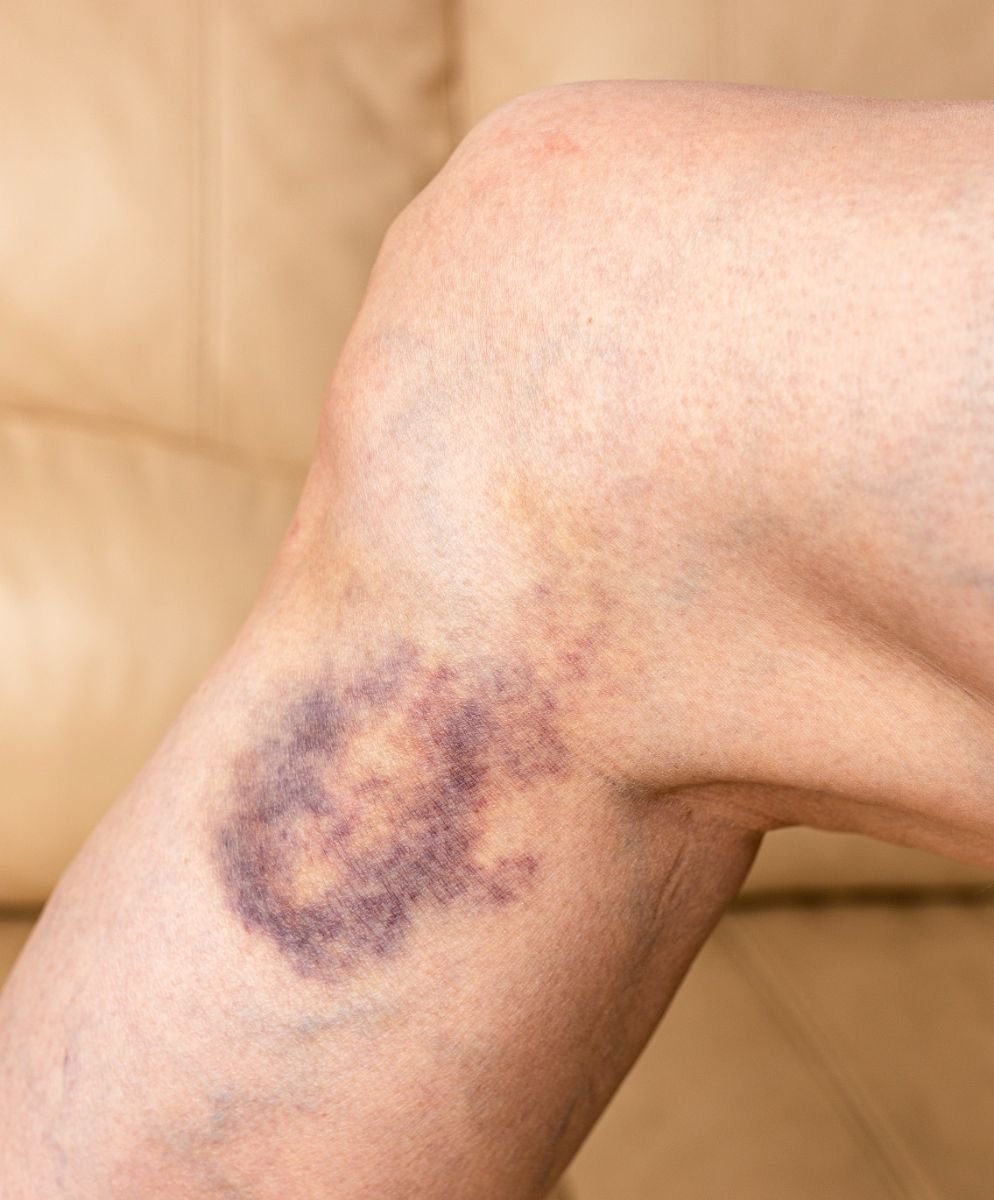I’m bruising easily—purple marks all over. Can’t visit a doctor quickly. Any advice to heal faster?
Bruising occurs when small blood vessels under the skin break, leading to discoloration. Easy bruising can be a concern as it might indicate underlying health issues. Common causes include aging skin, which becomes thinner and loses some of its protective fatty layer, making blood vessels more susceptible to injury. Other factors can include nutritional deficiencies, particularly in vitamin C and K, certain medications like blood thinners, and medical conditions such as clotting disorders or liver disease. While occasional bruising is normal, frequent or unexplained bruising should be monitored closely.
Identifying the Symptoms of Easy Bruising
Easy bruising is characterized by the appearance of purple, blue, or black marks on the skin after minimal impact or even without any known injury. These bruises may be tender to the touch and can vary in size. In some cases, bruises may take longer to heal, and you might notice them appearing more frequently. Other symptoms to watch for include bruising in unusual areas like the back or abdomen, or if bruises are accompanied by other symptoms such as bleeding gums or nosebleeds.
Home Remedies to Speed Up Bruise Healing
Several home remedies can help speed up the healing process of bruises. Applying a cold compress immediately after an injury can reduce swelling and prevent the bruise from getting worse. Elevating the bruised area can also help minimize swelling. After 48 hours, switching to a warm compress can promote blood flow and aid in healing. Arnica gel, a natural remedy, is known for its anti-inflammatory properties and can be applied to the bruise to reduce discoloration and pain. Additionally, gently massaging the area can help disperse the blood pooled under the skin.
Dietary Changes to Support Skin Health
Improving your diet can play a significant role in reducing the frequency and severity of bruising. Ensure you are getting enough vitamin C, which is crucial for collagen production and maintaining healthy blood vessels. Foods rich in vitamin C include citrus fruits, strawberries, and bell peppers. Vitamin K is also important for blood clotting and can be found in leafy greens like spinach and kale. Protein is essential for skin repair, so include sources like lean meats, beans, and nuts in your diet. Staying hydrated and maintaining a balanced diet overall supports skin health and resilience.
see continuation on next page
ADVERTISEMENT

